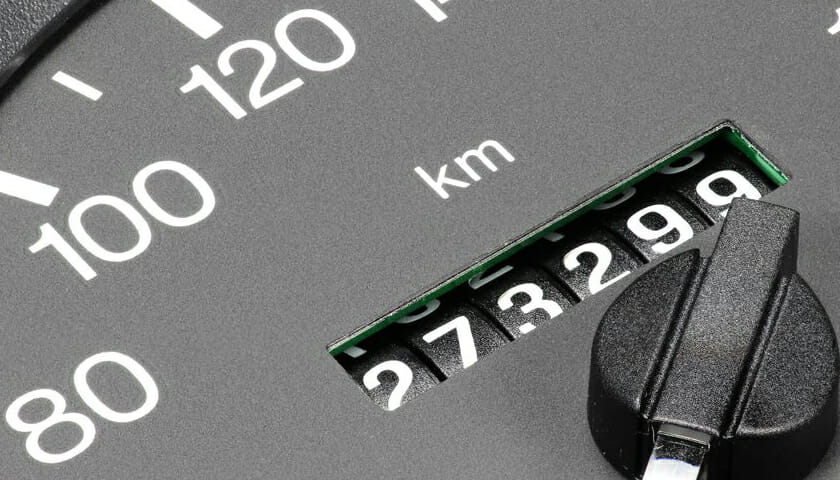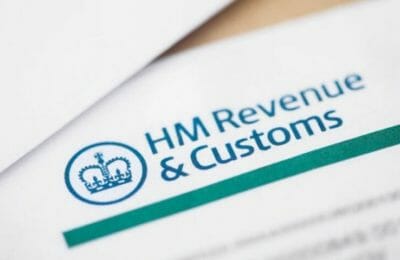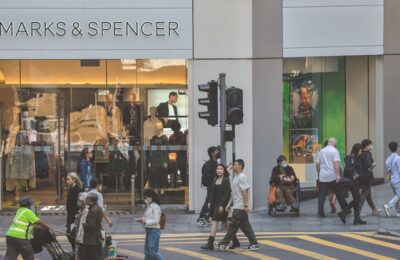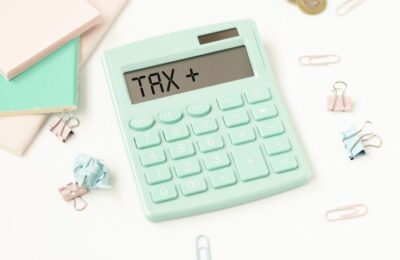HMRC mileage allowance – remember to record your miles
One of my favourite songs that I listen to when I’m driving is ‘Taxman’ by the Beatles. It’s appropriate, not just because I’m an accountant, but because the Taxman likes to keep a close eye on my business mileage. When it comes to claims for HMRC mileage allowance, the taxman gets very interested in any driver who uses a vehicle for both business and leisure purposes. And if you aren’t careful about keeping records, he’ll swipe money back that you’re entitled to.
If you are self-employed, either as a sole trader or in a partnership, and you use a business vehicle for private purposes, HMRC will not let you claim the privately used proportion of your motoring costs such as petrol, along with this proportion of the capital allowances based on the purchase cost of the vehicle.
For this reason, it is essential that you record your car mileage at the beginning and end of your trading year and to keep a strict log of your business miles. This log should include the following information:
- Date of the business use
- The address you were attending
- The round trip mileage
- The reason for the trip
You can either keep a log book in your car, or use one of the many smartphone apps that do the same job. If you forget to note mileage for a particular business journey, you can trace your route retrospectively using Google Maps – just be sure to enter your actual route rather than the one Google suggests between two locations.
Armed with this information, any disallowance of running costs and capital allowances by the taxman will be fairly based and not some arbitrary figure plucked out of the air by HMRC. Estimates will not cut muster with the tax office, so be sure to back up numbers with evidence.
If you are employed, have the use of a company car, and your employer pays all of your petrol, then you will be subject to the car fuel benefit charge. The only way to avoid this tax charge is to repay your employer for petrol used privately. To do this you will need to keep a log of all private journeys. At the end of each tax year, or periodically during the tax year, you should multiply the private use miles by the approved car fuel rate – this can be found on the HMRC website here. Just multiply the private use miles by the appropriate rate per mile and pay this amount to your employer.
So, whatever your choice of music when driving, don’t let the taxman take more than his share. Log those miles! if you need any help with anything tax-related just get in touch.
About Mark Ingle
Owner-manager business specialist, Mark Ingle is key to building relationships with clients at the Chelmsford office. “I like to see clients enterprises grow and succeed.” Mark explains, “The team here has a lot to offer and I can see a lot of new businesses responding to that.”
Having worked for accountancy practices in London and Essex, Mark has worked with a range of companies varying in size. For Mark, THP stands out for its “local firm approach with the resources of a larger practice.”
Although a keen traveller, Mark is focused on giving his clients at THP the highest service, “Right now, I aim to help the clients we have to the best of my ability which will help me attract more of the right clients in the future.”
Mark’s specialist skills:
- Annual and Management Accounts
- Tax and VAT
- Strategy and Business Planning
- Marketing and Sales
- Business Development












